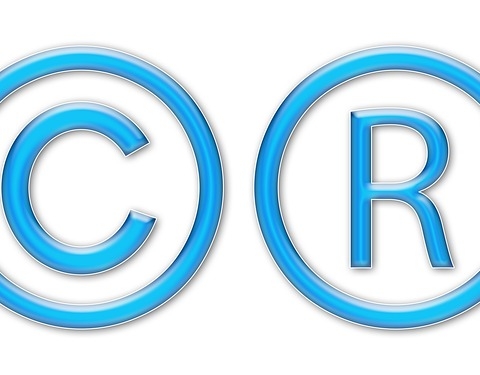Due Diligence in the pharmaceutical industry refers to the act of reviewing information to ascertain the value of data. This is established by checking for compliance, as well as investigating the desirability and potential of a particular investment.
Often, it takes place when a company is embarking on a merger or acquisition – something we’ve seen a record number of in the pharmaceutical industry in recent years. But due diligence doesn’t have to take place right before a merger or acquisition. Instead, it can be carried out on a much smaller scale, such as when buying an asset or product from another company, or even intellectual property, for example.
But why is this important? Well, the pharmaceutical industry is comprised of innovators – visionaries – that set about to change the world in significant ways. But, (as many investors will tell you), sometimes a new product or method can be too good to be true. Boards of directors are occasionally political figures rather than medical experts, and sometimes, companies fail to publish their research in peer-reviewed medical journals. As a result, it falls to those performing due diligence to test the true value of a proposition.
Due diligence highlights areas of concern. Ultimately, this helps to inform a decision to buy or not to buy, to develop or not to develop – which means it’s a stage of the process that is best carried out by an expert that knows exactly what warning signs to look for.
However, that’s where problems become apparent. Smaller pharmaceutical and biotech companies occasionally lack to the knowledge to perform due diligence in the manner they need to, meaning that areas or weakness or critical issues can be missed, leading to poor investments or even more significant problems further down the line.
In this scenario, it may be advantageous to work with a consultant from a pharmaceutical consulting group such as Alacrita, taking advantage of consultants’ specialist knowledge of due diligence. Ultimately, teaming up with experts will unearth a further set of questions to be answered, ensuring no stone is left unturned, which is precisely why due diligence has such value in the pharma industry.
As you can see, due diligence plays a central role in buying decisions – from large scale acquisitions to the decision to buy a particular component supplier. Of course, the extent and scope of due diligence will differ from matter to matter, but it’s critical that your business understands how important due diligence is, and has a strong team of experts to perform it.
Considerations for improving due diligence practices
- Review your analytical methods in light of current regulatory standards, as well as a formulation composition
- Dig deep into the supply chain – talk to all suppliers of ingredients and equipment, and ensure no-one has plans to discontinue operations
- Ensure various entities in a supply chain are documenting development reports, and take a look at the process parameters in place for manufacturers
- Research the complain history of a product – are there manufacturing issues related to the product? Have non-compliance issues been addressed, rectified and reported to the necessary regulatory body?
While the considerations above are valid, it’s important to realise they’re just the tip of the iceberg. There’s a plethora of due diligence matters to consider in numerous scenarios, and paying lip-service to it simply isn’t good enough in the pharmaceutical industry. Fines and reputational damage can be significant, and pro-active, comprehensive due diligence activity is what your business needs.
So, do consider working with a consultant to guide you through the due diligence process, or hiring someone with the necessary expertise and commercial awareness to ensure your business operations are compliant and profitable.







